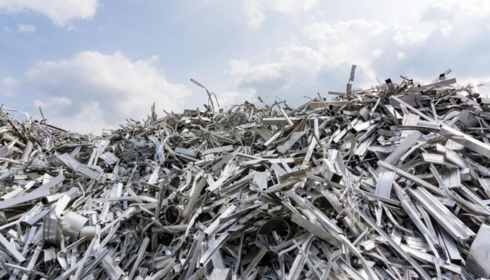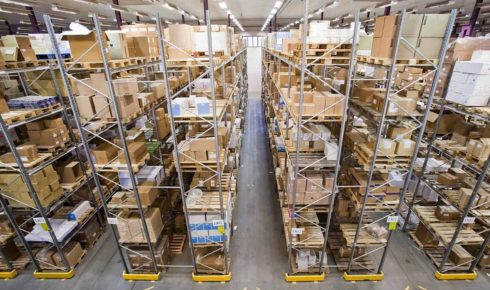
aluminium scrap
India’s rapid industrialisation, especially in the automotive and FMCG packaging sectors, is driving a strong demand for aluminium. In response, aluminium scrap buyers and metal recycling companies in India are playing a crucial role, not only in supplying recycled aluminium but also in ensuring that this demand is met sustainably, cost-effectively, and in alignment with circular economy goals.
From automotive OEMs (Original Equipment Manufacturers) to beverage giants, manufacturers are increasingly shifting towards secondary aluminium, sourced through aluminium recycling companies in India, as a strategic move to lower production costs, reduce dependence on virgin materials, and meet evolving environmental mandates.
The Growing Role of Aluminium Scrap Buyers in India
With a rising demand for aluminium across sectors, buyers and recyclers of aluminium scrap have become indispensable to the Indian manufacturing ecosystem. Recycled aluminium is now a vital raw material, supporting:
- Automotive components such as engine parts, wheels, and structural frames
- FMCG packaging including beverage cans, foil, containers, and flexible packaging
Unlike virgin aluminium, aluminium recycling consumes significantly less energy to produce—up to 95% less—making it a sustainable and economical choice.
Auto & Packaging Sectors: High-Demand, High-Pressure
The automotive sector, especially with the EV boom, and the fast-moving consumer goods (FMCG) sector are both aluminium-intensive. These industries require reliable supply chains, cost control, and eco-conscious practices, pressures that aluminium scrap buyers help alleviate.
In fact, demand for secondary aluminium reached an estimated 1.90 million tonnes in FY24, with 40–45% of that concentrated around northern India’s auto clusters—like those in NCR, housing Maruti Suzuki, Hero MotoCorp, Bajaj Auto, and Tata Motors. Western and southern regions like Pune, Coimbatore, and Chennai also represent strong demand pockets thanks to both auto and extruder presence.
Small, Medium, and Large: The Spectrum of Aluminium Scrap Buyers
India’s aluminium scrap ecosystem is dominated by small and medium enterprises (SMEs), which together contribute around 55–60% of the total secondary aluminium supply. However, larger players are increasingly emerging as key suppliers due to their:
- Better economies of scale
- Mechanised and efficient operations
- Diversified geographical presence
- Established client networks across key industrial hubs
Larger aluminium scrap buyers and recyclers, such as CMR, CNFC, SBAC, and Sunalco are capitalising on regional demand patterns, particularly in high-growth auto clusters.
Imports: Filling the Domestic Scrap Gap
Despite the growing number of recycling plants in India, the country remains heavily reliant on imports for aluminium scrap. As a result, 80–85% of aluminium scrap demand in FY24 was met through imports, predominantly from the US, UK, and UAE.
While this indicates strong global linkages, it also highlights the need to invest in domestic scrap processing infrastructure, something larger aluminium scrap buyers are beginning to take up.
Enabling Circularity and Cost Efficiency
Secondary aluminium supports a circular economy by reintroducing post-consumer and industrial scrap into the production cycle. For manufacturers, this ensures:
- Stable pricing vs. the volatility of virgin aluminium
- Lower carbon emissions, helping meet ESG and compliance goals
- Reduced production costs through energy-efficient recycling processes
- Resource efficiency, especially critical as India pushes for self-reliance in manufacturing
Strategic Investments and the Road Ahead
While the ecosystem is still dominated by fragmented SMEs, the trend is shifting. For example, Hindalco’s organised aluminium recycling plant in Taloja now runs at 80% of its rated 25KT capacity, and plans are underway to launch a new 93KTPA greenfield recycling unit in Mundra.
These moves signal a broader industrial pivot towards recycling as a strategic raw material solution, not just a waste-management afterthought.
Aluminium scrap buyers are enablers of sustainable growth. As India’s auto and packaging industries grow, the role of aluminium scrap in meeting demand while conserving energy, reducing costs, and supporting environmental goals will only grow stronger.
Recyclers and integrated players that can deliver quality secondary aluminium at scale, adapt to regional demand shifts, and invest in technology will lead the way in reshaping India’s industrial future responsibly and profitably.



